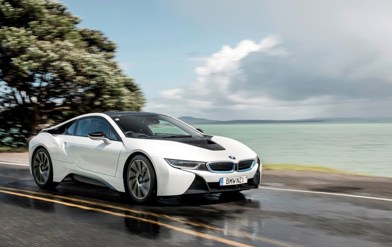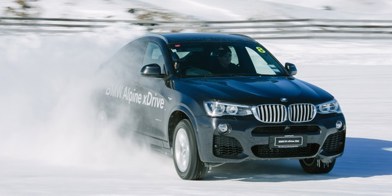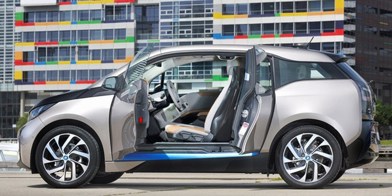Carbon copies rarely come out as sharp as the original, but the Mitsubishi Eclipse Cross PHEV could be an exception. Underneath, it’s basically an Outlander PHEV. Yep, NZ’s most-popular plug-in hybrid. That means the same twin-motor 4WD system, the same 13.8kWh battery, good for 55km on battery alone, before switching to its 2.4-litre petrol engine.
We spent four months with an Outlander PHEV, so got to know and appreciate its economy and its driver involvement. It means the same smartphone app that allows for scheduled charging and climate control pre-conditioning, plus the same XLS or VRX variants.
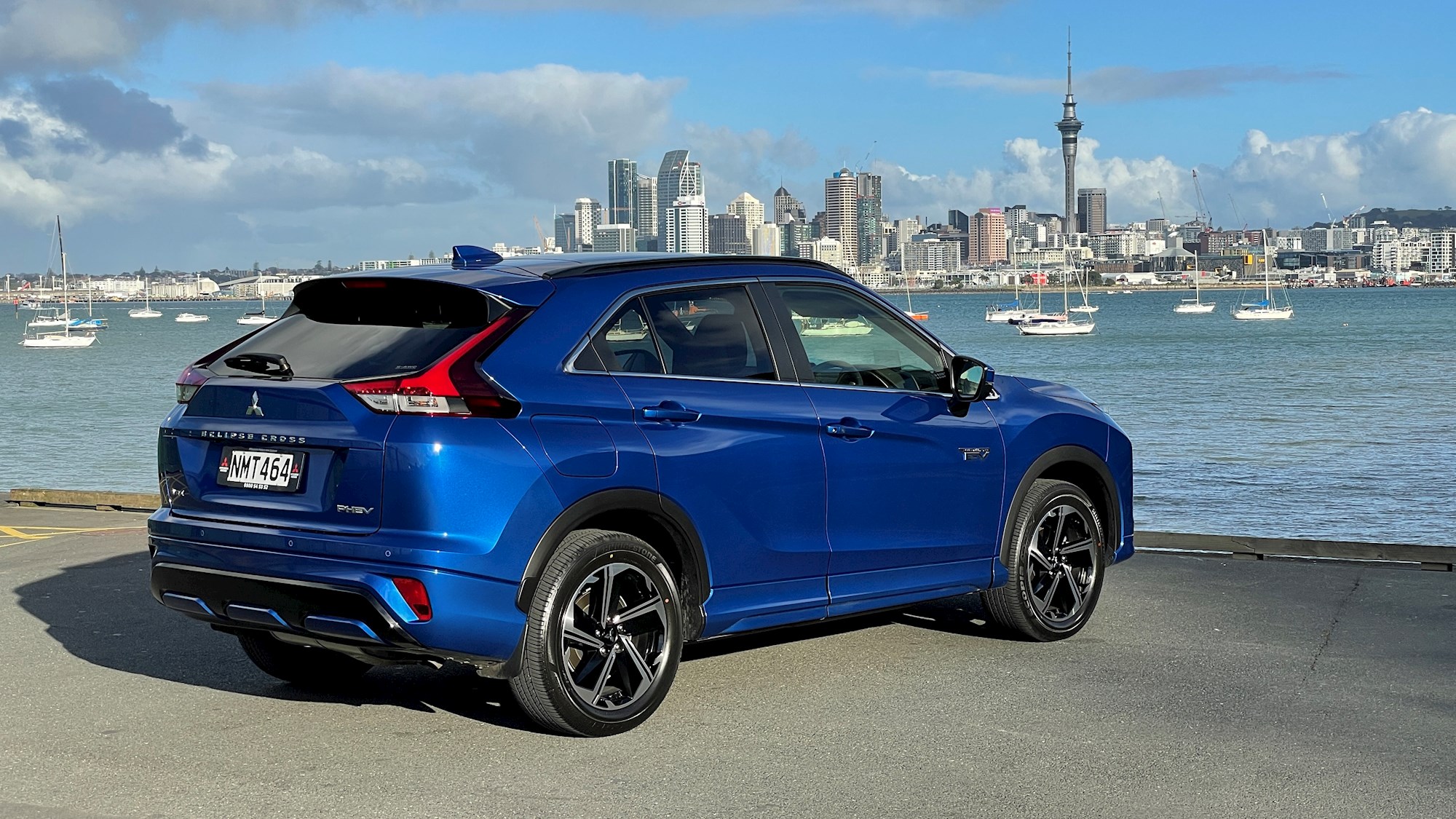
It also means the same pure EV, battery save or battery charge modes, that allow driver interaction and input to use or save battery or petrol at specific times of a journey. Mitsubishi claims the same 1.9l/100km average fuel use, and this is certainly achievable (or better) with shorter trips that fall within the EV range, meaning fuel tank ranges of 1000km+ are very achievable.
And being an EV-based system, when things are left alone, it’ll prioritise battery use making it quiet and efficient for around-town running.
There’s the same five seats, remembering Outlander PHEV isn’t offered in seven-seats, and while Eclipse is one size down, fitting between ASX and Outlander on the Mitsubishi family tree, from there, the Eclipse Cross starts to look a little better.
The dash display is the same, but tweaked so the EV gauge is a little clearer to understand between EV and charging modes. The drive modes for the 4WD system are a little different, too, with Evo-style Tarmac-Gravel-Snow settings, along with Normal and Eco modes.
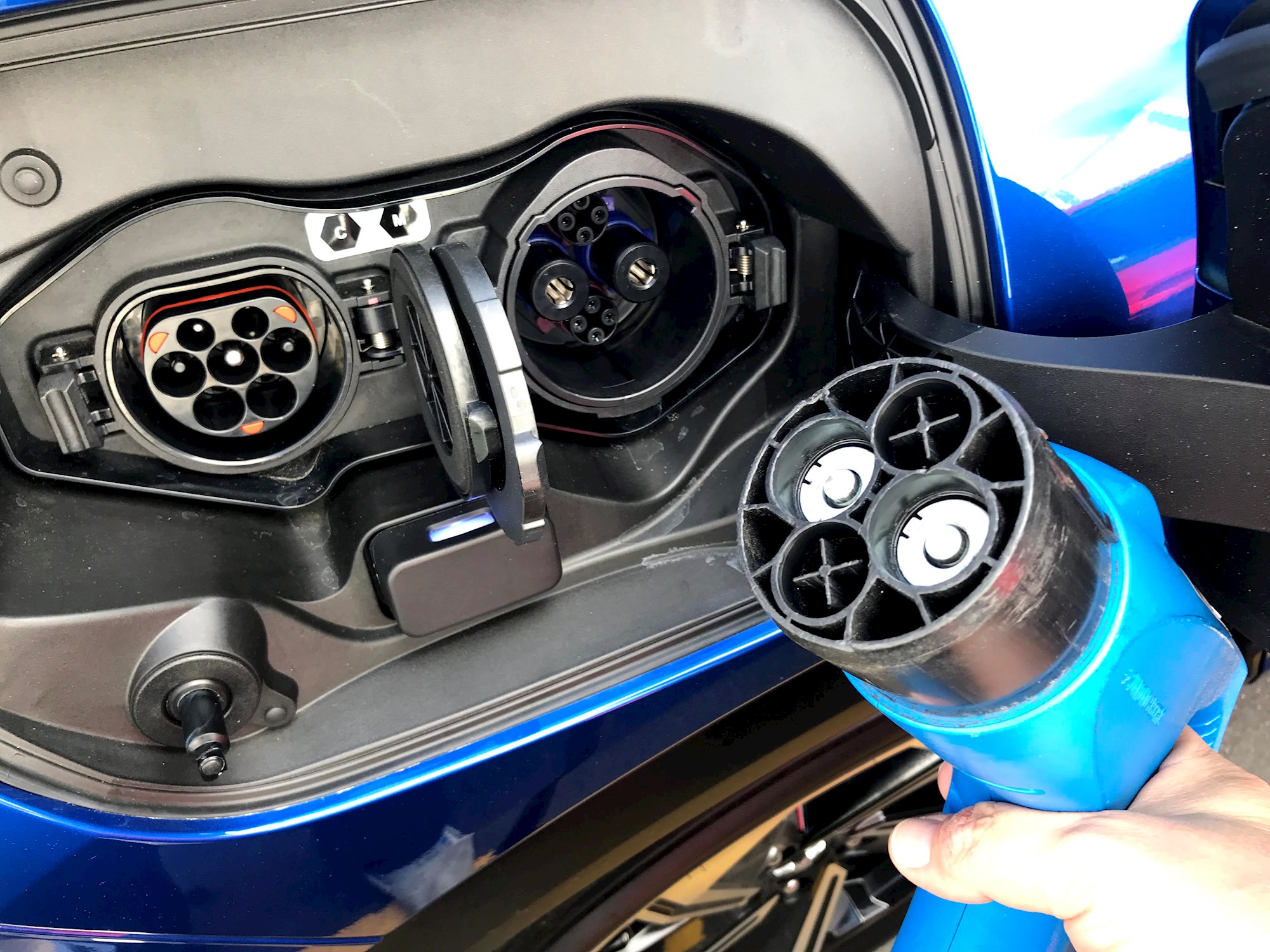
The biggest change is to modernising the charging port. As EV makers are starting to finally standardise their charging plugs to Type 2, the PHEV Eclipse Cross now uses a Type 2 AC (home charging) port, in lieu of the previous Type 1 in the Outlander. The DC/public charger plug is still CHAdeMO, a Japanese preference, but still commonly used – for now. Best not to delve into the complexities, and just know that the AC/home charging plug is more in line with 2021.
The most important number is how long it takes to charge, and at its 3.7kW AC charging limit, that simply means a full charge in seven hours (overnight) using the 1.2kW three-pin wall socket, or four hours with a 7.2kW wallbox.
On the public network, it’ll go from 0-80 per cent charge in 25 minutes – like the Outlander, limited somewhat by its 22kW charging capacity, whether it’s a 50kW or a 300kW charger.
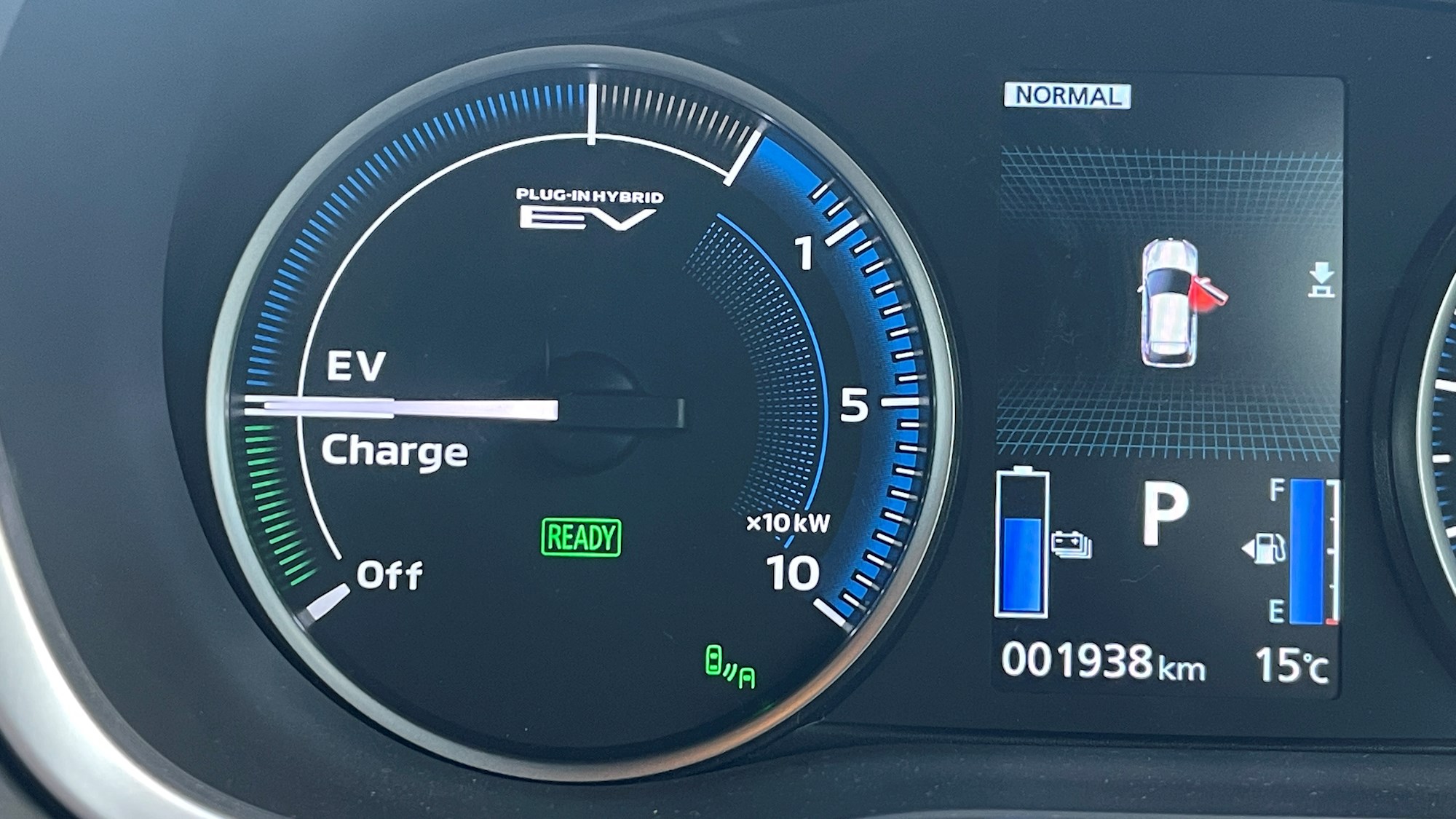
Like the Outlander, it’s smooth, quiet and almost the same speed (0-100km/h in a tested 9.4 seconds), with the focus on EV power meaning instant response at any speed, making it feel faster.
The suspension does feel on the soft side, with some noticeable bodyroll, but if ride comfort and soaking up potholes and bumps is the preference over high-speed cornering, which it should well be with an SUV like this, then it’s much appreciated.
One small difference to Outlander is badging, with the Eclipse proudly boasting a very normal looking PHEV on the rear, but another PHEV badge on the door that looks a little large and out-of-place.
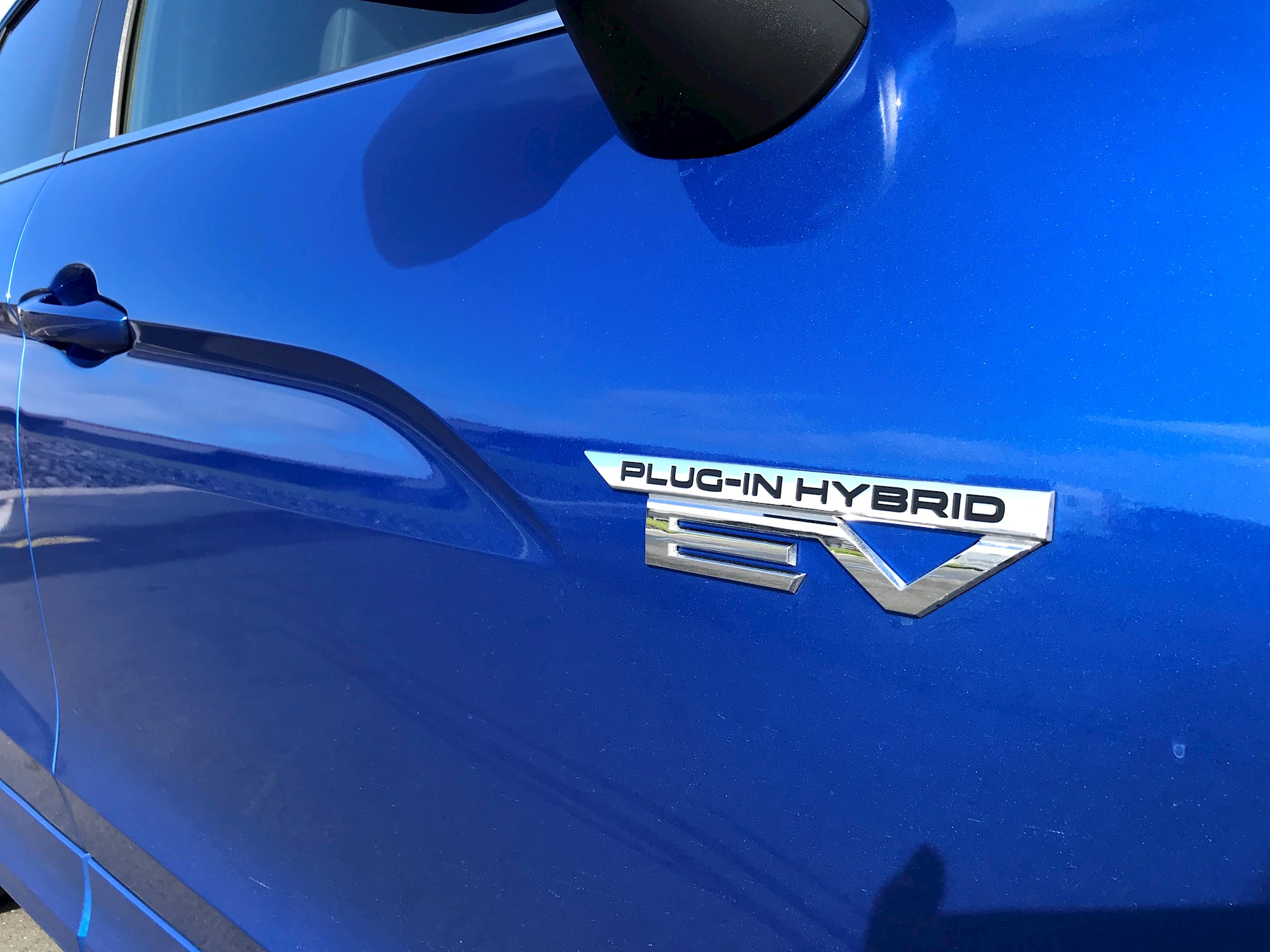
Warranty looks good, but with a catch: Mitsubishi’s Diamond Advantage is 10 years/160,000km for the powertrain, and five years/130,000km for the car. But that full term only applies to the new owner, and conditionally for the first three years; if the car is sold after three years, the warranty is void.
And like the Outlander PHEV – and in fact almost every Mitsubishi – it sells at a “special launch price” of $49,990 for the XLS, which means a new PHEV Clean Car Discount of $5750, and a sale price of $44,240. That’s a lot of car, a lot of PHEV, using electric vehicle range without the range anxiety. And like the Outlander PHEV, that’s a very good thing.
MITSUBISHI ECLIPSE CROSS PHEV
ENGINE: 2.4-litre petrol four, two electric motors, 13kWh plug-in battery
GEARBOX: Six-stage CVT automatic, AWD
POWER: 94kW/199Nm
0-100KM/H: 9.4 seconds (tested)
ECONOMY: 1.9l/100km, 55km EV range
TOWING: 1500kg
PRICE: $49,990-$57,990 (qualifies for $5750 EV rebate)










